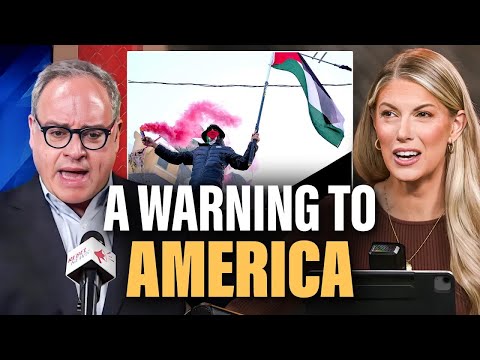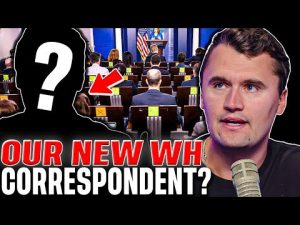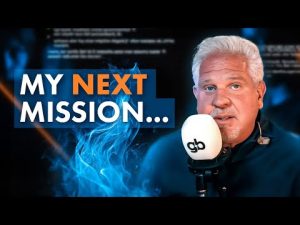**Ezra Levant’s Arrest: A Cautionary Tale of Free Speech in Canada**
In a striking incident in Toronto, journalist and publisher Ezra Levant was arrested while reporting on a pro-Palestinian protest that took place in a Jewish neighborhood. This event, reminiscent of a scene from a dystopian novel, unfolded as Levant attempted to document a protest with his cell phone. He described feeling like he was in his own neighborhood, only to find himself under arrest for standing quietly on a public sidewalk. This situation raises serious questions about free speech and public safety in Canada.
Ezra Levant, known for his work with Rebel News, had arrived at the protest prepared to take a few photos. The protestors were reenacting a highly controversial scene regarding the Hamas leader Yaya Sinir. Levant, a Jewish citizen and resident of the area, couldn’t help but think it was strange to stage such a demonstration in a neighborhood filled with Jewish families. As he quietly attempted to capture the moment, local law enforcement decided to intervene, claiming his presence was causing a disruption. The irony of being arrested for merely standing in public, while the demonstrators continued their protest, was not lost on him.
The police’s actions were puzzling at best and unconstitutional at worst. Levant was swiftly pushed away from the scene, handcuffed, and taken to a police station, where he sat in a jail cell for several hours without facing any charges. This incident highlights a troubling reality in Canada: police actions that appear to prioritize the feelings of protestors over the rights of citizens. The Canadian Supreme Court has ruled against arbitrary arrests, yet it seems that in this case, the officers were more concerned about maintaining peace with the protestors than upholding Levant’s rights.
Beyond the arrest of Levant, this event not only symbolizes a growing rift in Canadian society but also brings to light an increasing trend of anti-Semitic incidents. Reports of vandalized synagogues and public displays of hate are becoming alarmingly common in Toronto. It raises an important question: where is the government in addressing this tide of violence? Prime Minister Justin Trudeau has faced criticism for his handling of such protests, especially when citizens look to their leader during times of unrest. His absence, seen reveling with Taylor Swift, during major protests has not gone unnoticed.
As discussions about Levant’s arrest continued, it was evident that this was not just about one journalist facing police action. It raises serious red flags about the future of free speech in Canada. Many are now looking to the upcoming elections — the biggest political shaking up in Canadian history since Trudeau’s ascent. With growing immigration issues and unrest in the streets, it’s hard to overlook the impact of policies that may have emboldened anti-Israel sentiment. Levant himself warned Americans to cherish their First Amendment rights, hinting that without vigilance, Canada could be a glimpse into a troubling future for freedom of speech in America.
As this story unfolds, Ezra Levant plans to take legal action for the violation of his rights. He aims to shine a light on what seems to be a growing issue of denying free expression to journalists and citizens alike. In a time where dialogue is crucial, the arrest of a journalist for merely reporting the facts stands as a stark reminder of the importance of protecting free speech and upholding democratic values. While Levant navigates his next steps, the world will be watching closely at how this situation develops and what it means for the future of open and honest reporting not just in Canada, but perhaps, and unfortunately, in the United States as well.



